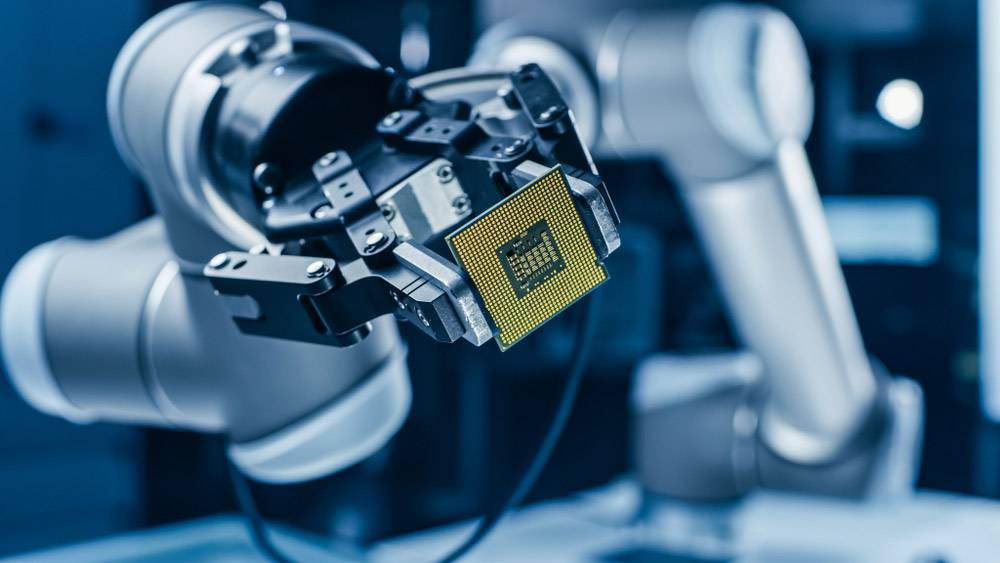This stream of engineering deals with analog transmission, basic electronics, microprocessors, solid- state devices, digital and analog communication, analog integrated circuits, microwave engineering, satellite communication, antennae, and wave progression. It also deals with the manufacturing of electronics devices, circuits, and communication equipment. The Future of technology advancements is likely to depend on the developments in the electronics and communication field. Electronics and communication are the two primary pillars of our society these days. In the coming years, the trend will continue, and ECE will eventually emerge as one of the most prominent fields of engineering studies with substantial demand for ECE engineers all over the world.
Over the years, communication and electronics have crept in our lives like never before. This change in the technological fields has ensured a bright path ahead for ECE pursuers. With smart phones in hand and widespread opportunities to communicate, electronics and communication engineering is the next best thing to rule the global market.
The Department visualizes itself to become leading centre of learning in the field of Electronics & Communication Engineering with academic excellence in research to produce self motivated, creative and socially responsible engineers and specialists, ready to take up challenges of industrial development with ethics and societal commitment

After doing B.Tech in Electronics & Communication Engineering students have a wide range of opportunities to choose from
Well-equipped laboratories enable students to enhance their practical knowledge. As per university curriculum department has following Laboratories:
This laboratory gives hands-on familiarization of all electronics components, tools and equipments. Student can identify the active and passive electronic components. This course gives the basic introduction of electronic hardware systems and provides hands-on training with familiarization, identification, testing, assembling, dismantling, fabrication and repairing such systems by making use of the various tools and instruments available in the electronics workshop.
This course gives the skills in designing, testing and demonstration of analog integrated circuits. To expose the students to a variety of practical circuits using various analog ICs.
This course gives the ability to identify basic electronic components. Design and demonstrate functioning of various discrete analog circuits. To familiar with computer simulation of electronic circuits and how to use it proficiently for design and development of electronic circuits. Understand the concepts and their applications in engineering. To create an ability to communicate effectively the scientific procedures and explanations about the experiments in oral/report forms.
This course provides students to familiarize with digital ICs, the building blocks of digital circuits. To provide students the opportunity to set up different types of digital circuits and study their behavior.
This laboratory gives practice in assembly language programming on microprocessors and microcontrollers. To practice fundamentals of interfacing various peripheral devices with microcontrollers and processors.
The primary objective of this lab is to familiarize the students, how to simulate the electronics/digital circuits, signals and systems using the soft-wares which are available for the modern design methodologies for the rapid design and verification of complex electronic systems.
This lab enables the students to explore the concepts of design, simulation and implementation of various systems using MATLAB and DSP kit. Students should able to design, simulate and realize various systems related to DSP.
This course aims to familiarize the students with various types of sensors and transducers. This enable students to select and design suitable instruments to meet requirements of various industrial applications
To provide practical experience in design, testing, and analysis of few electronic devices and circuits used for microwave and optical communication engineering.